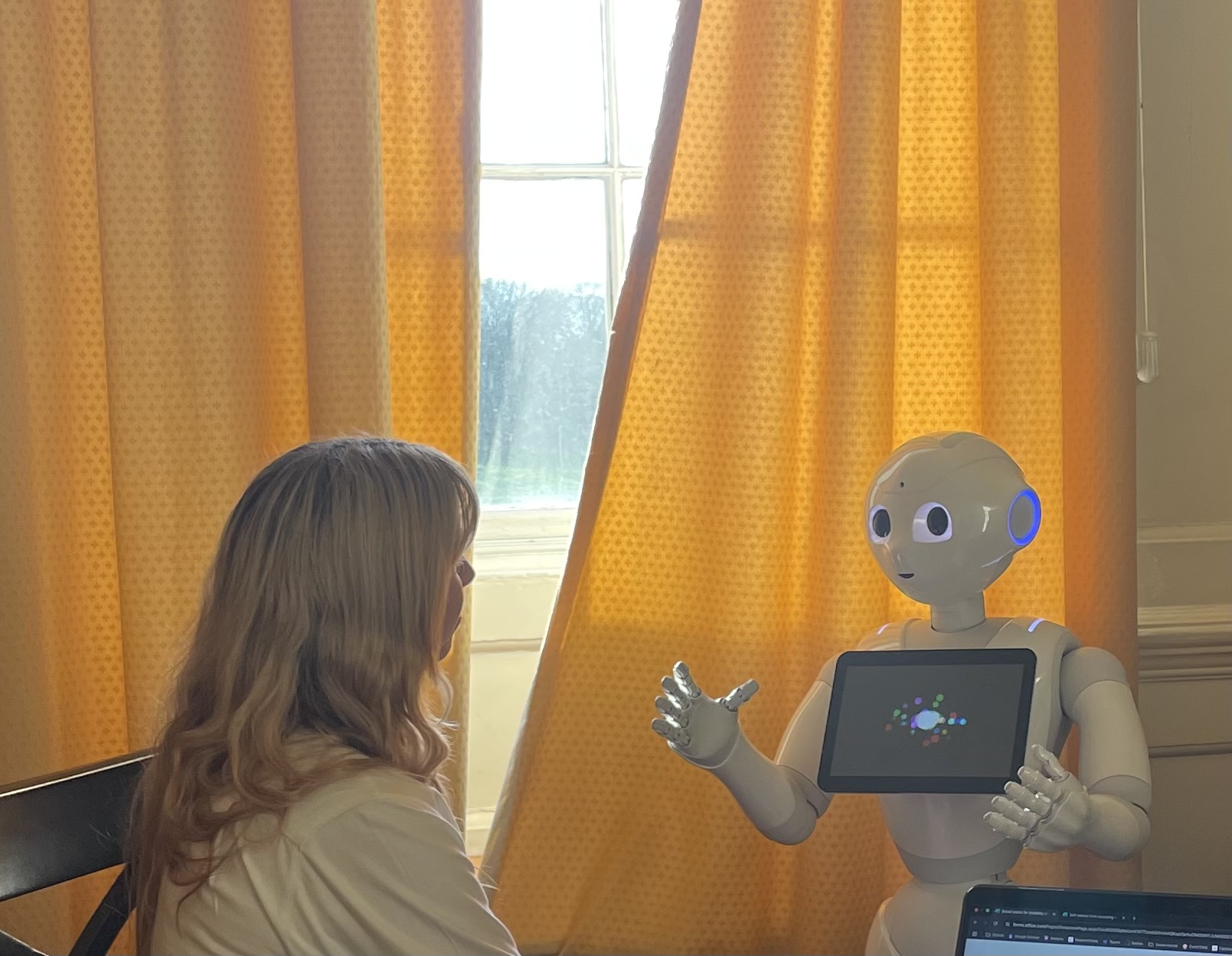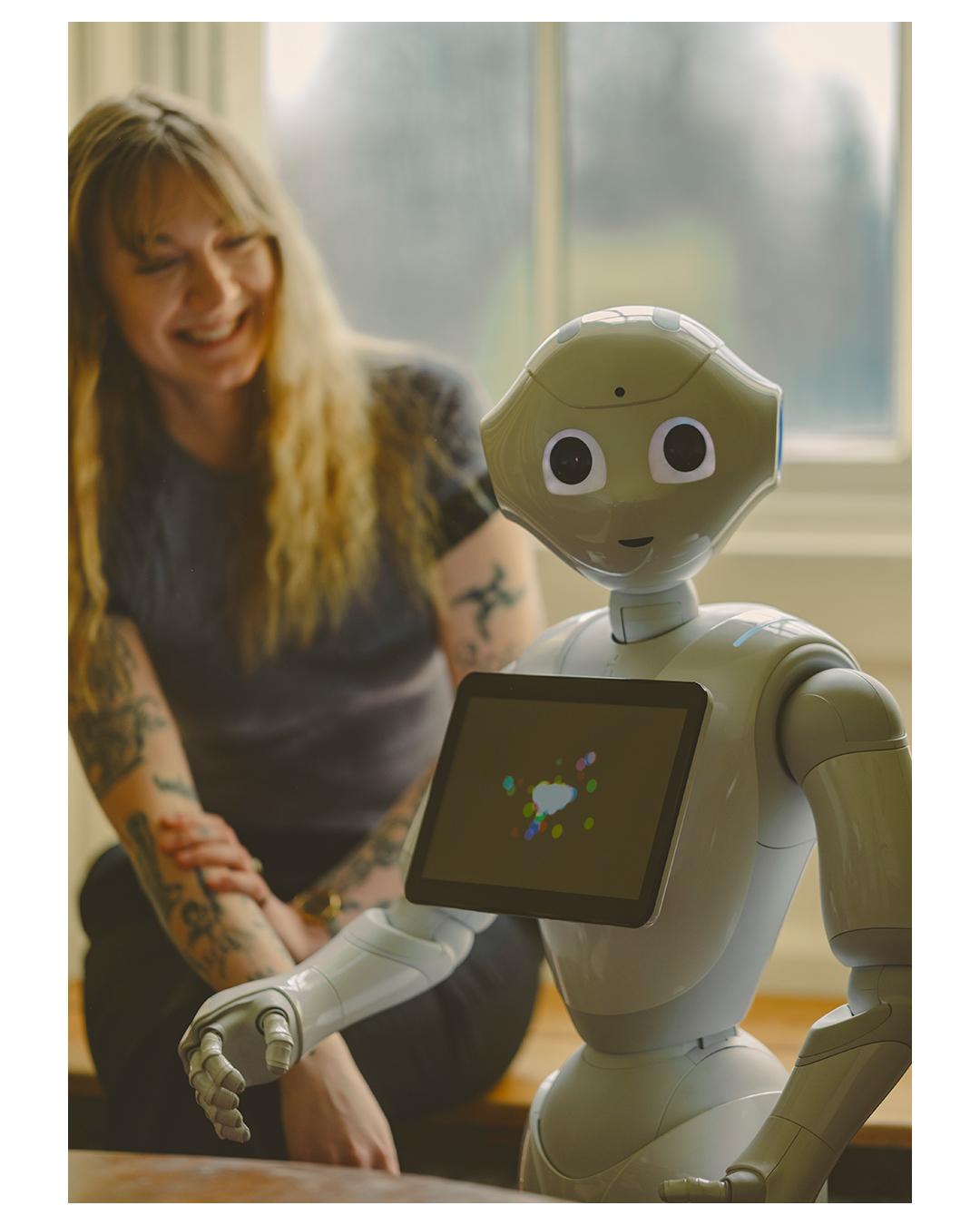Social Robots and Disability
Stakeholder Perspectives on Whether and How Technology, AI and Robots Can Help for Mediation and Advocacy for Students with Disabilities
I have been lucky to be part of this research project at the start of my PhD, which is a collaboration between the Faculty of Education and Department of Computer Science & Technology, University of Cambridge.
As of 2021-2022, 19% of UK students have disabilities. Despite existing university policies like those at the University of Cambridge, there is room for improvement in supporting students who feel unheard or overwhelmed by navigating disability policies. Power differentials may prevent some students from expressing their needs effectively. This project investigates stakeholders’ perspectives on whether technology, AI, and social robots could aid mediation and advocacy for students with disabilities, potentially enhancing inclusion, self-advocacy, and academic success. While human mediation and advocacy can be effective, they are resource intensive. Social robots offer a promising alternative, leveraging artificial intelligence to assist in communication and support.
As part of the project, we have both qualitatively (i.e., by conducting interviews and focus groups with representative stakeholders) and quantitatively (with user studies) explored whether and how technology, AI and social robots can aid mediation and advocacy for students with disabilities in higher education. I have had a specific focus on LLMs and social robotics in combination, and social impact of combining the two for students with disabilities.


References
2025
- Stakeholder Perspectives on Whether and How Social Robots Can Support Mediation and Advocacy for Higher Education Students with DisabilitiesArXiv Preprint, 2025